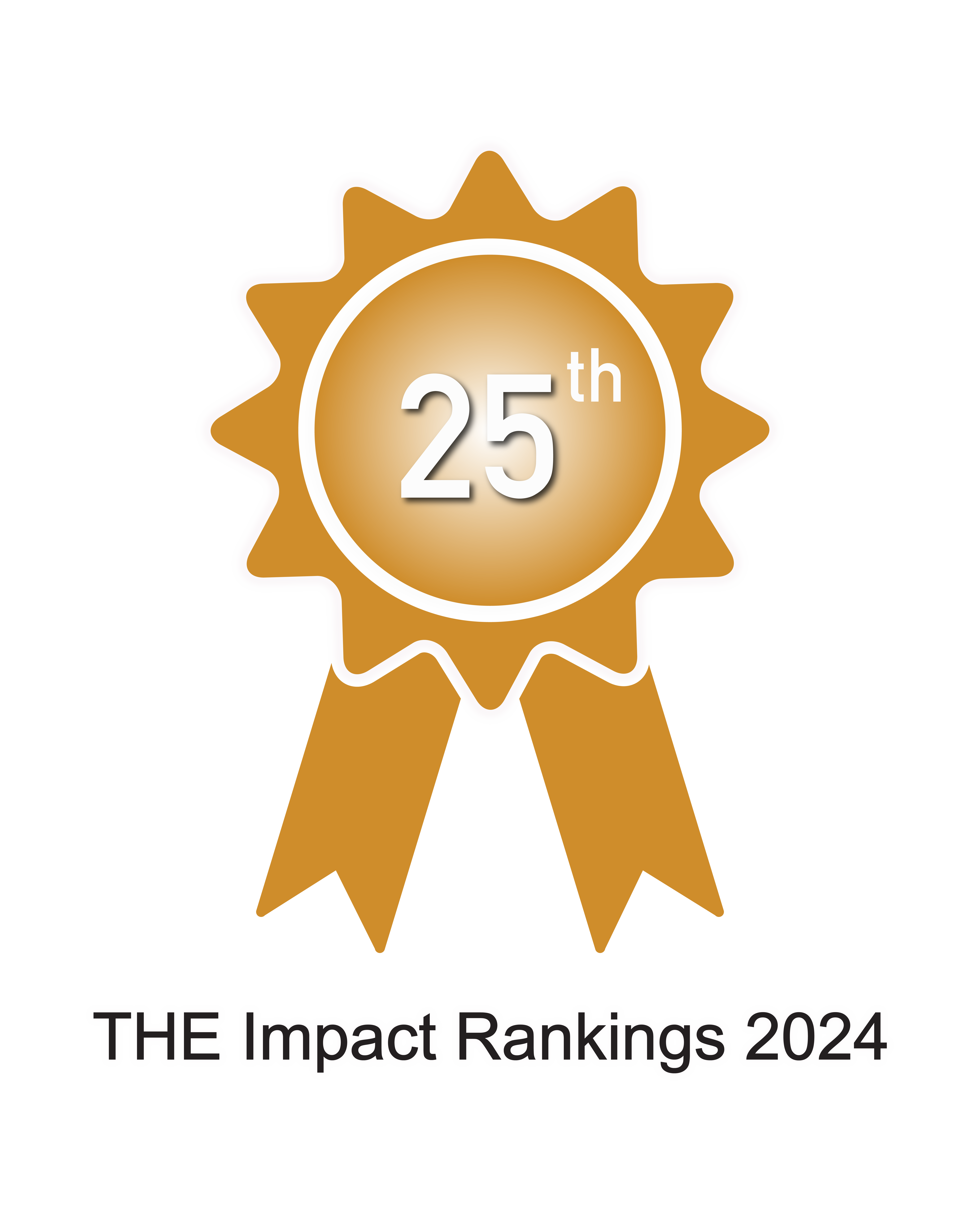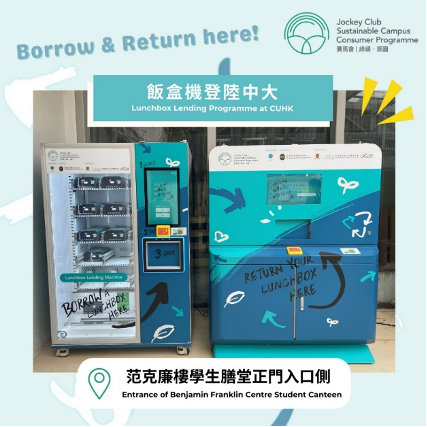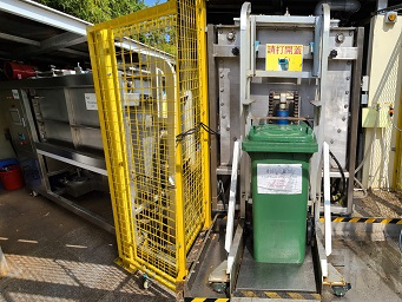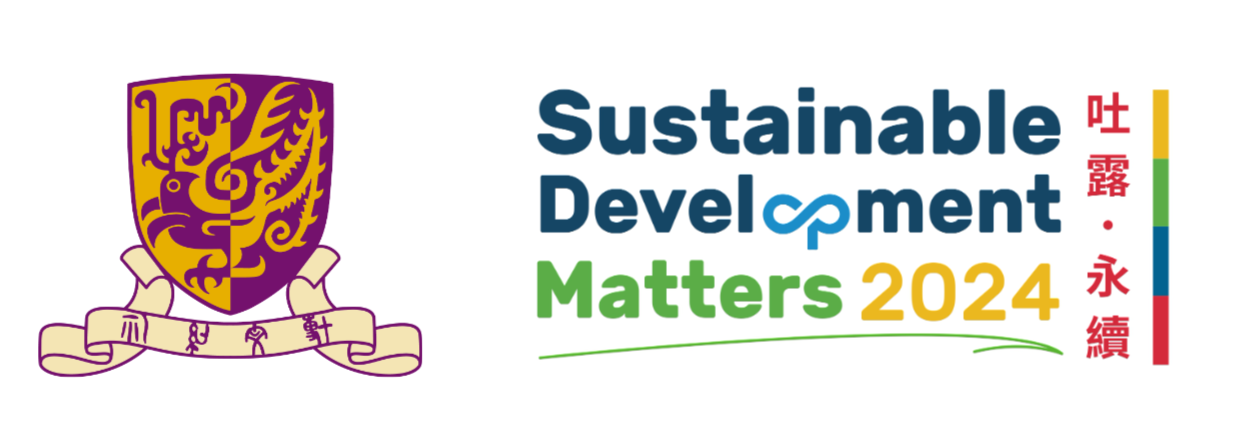
SDG 12| Responsible Consumption and Production
Ensure sustainable consumption and production patterns
Between 2000 and 2022, there has been a marked increase of over 70% in the global material footprint. The economic and social progress achieved during the 20th century has unfortunately been accompanied by environmental degradation, endangering the essential systems that sustain life. CUHK emphasizes the critical need to reduce our ecological impact and address the consequences of waste by implementing efficient procurement and waste management approaches. Through engaging in educational programs, we strive to raise public awareness of the importance of adopting sustainable consumption and production methods.
Curriculum
26 related courses were offered in the 2023–24 academic year.
Policies
CUHK is committed to exceeding the basic legal requirements for waste management in Hong Kong. Through its Waste Management Policy and Guidelines, CUHK follows a ‘waste hierarchy’ approach, focusing on the ‘6Rs’: Rethink, Refuse, Reduce, Reuse, Repair, and Recycle. Priority is given to reducing waste at the source and promoting the sustainable use of resources in a cycle. CUHK’s Sustainable Procurement Policy ensures that products and services purchased have minimal environmental and public health impacts throughout their life cycle.
CUHK frequently hosts a variety of events both on and off-campus. The Sustainable Event Planning and Management Guidelines and the Sustainable Student Orientation Guidelines, have been established for all units, including student unions. These guidelines, which streamline event planning, aim to mitigate environmental harm while also enhancing students’ experiences on campus.
Promoting responsible consumption and production to future generations
Since 2010, the eight UGC-funded universities have been collaborating through the Hong Kong Sustainable Campus Consortium (HKSCC) with the aim of creating a sustainable society. Launched in 2021, the Jockey Club Sustainable Campus Consumer Programme (JCSCCP) represents a collaborative endeavour by HKSCC members to nurture a new generation of more responsible and thoughtful consumers. The programme responds to SDG12 by focusing on 3 core areas: responsible choices, responsible consumption and responsible consumer activism.

Minimizing waste production
Plastic waste accounts for 20% of our daily garbage in Hong Kong. To reduce emissions of greenhouse gases, recycling is essential to help minimize the usage of raw materials and the production of short-lived waste. CUHK launched the ‘Plastic-free Campus’ campaign in 2018 to encourage students, staff and caterers to work together to go ‘plastic-free’ and build a sustainable green campus by discontinuing the use of plastic disposables. Since 2021, the campus has discontinued the sale or supply of plastic bottled water containers of 1L or below on campus and the use of polyfoam meal containers in catering outlets and events. Water dispensers and reusable takeaway tableware rental services have been introduced to minimize waste production on campus.
Most of Hong Kong’s food waste is disposed of at landfills together with other municipal solid waste. 3,495 tonnes of food waste, accounting for around 31% of Hong Kong’s total municipal solid waste, is dumped in landfills in Hong Kong every day. This practice is ultimately unsustainable. To address this issue, CUHK has collaborated with the Hong Kong Productivity Council to test a pioneering food waste pre-treatment system on campus, known as Food TranSmarter. The system redefines food waste recycling by converting food waste into a slurry on-site. The slurry is then transported to the Tai Po Sewage Treatment Works where it is used to produce biogas, and ultimately to generate electricity. This innovative approach diverts approximately 42 tonnes of food waste from landfills annually, transforming it into valuable energy resources.

Although advancements in food waste treatment technologies hold promise for resource recovery, CUHK remains firmly committed to prioritizing waste reduction at its source. This commitment is exemplified through the ‘Love Food, Hate Waste @CUHK’ campaign, which includes initiatives such as ambassador programmes, canteen promotions, and the establishment of recycling facilities for caterers. By integrating sustainable practices and cutting-edge solutions, CUHK continues to lead the way in fostering a more environmentally conscious and resource-efficient campus community.

PREVIOUS
Sustainable Cities and Communities
SDG 11
NEXT
Climate Action
SDG 13
